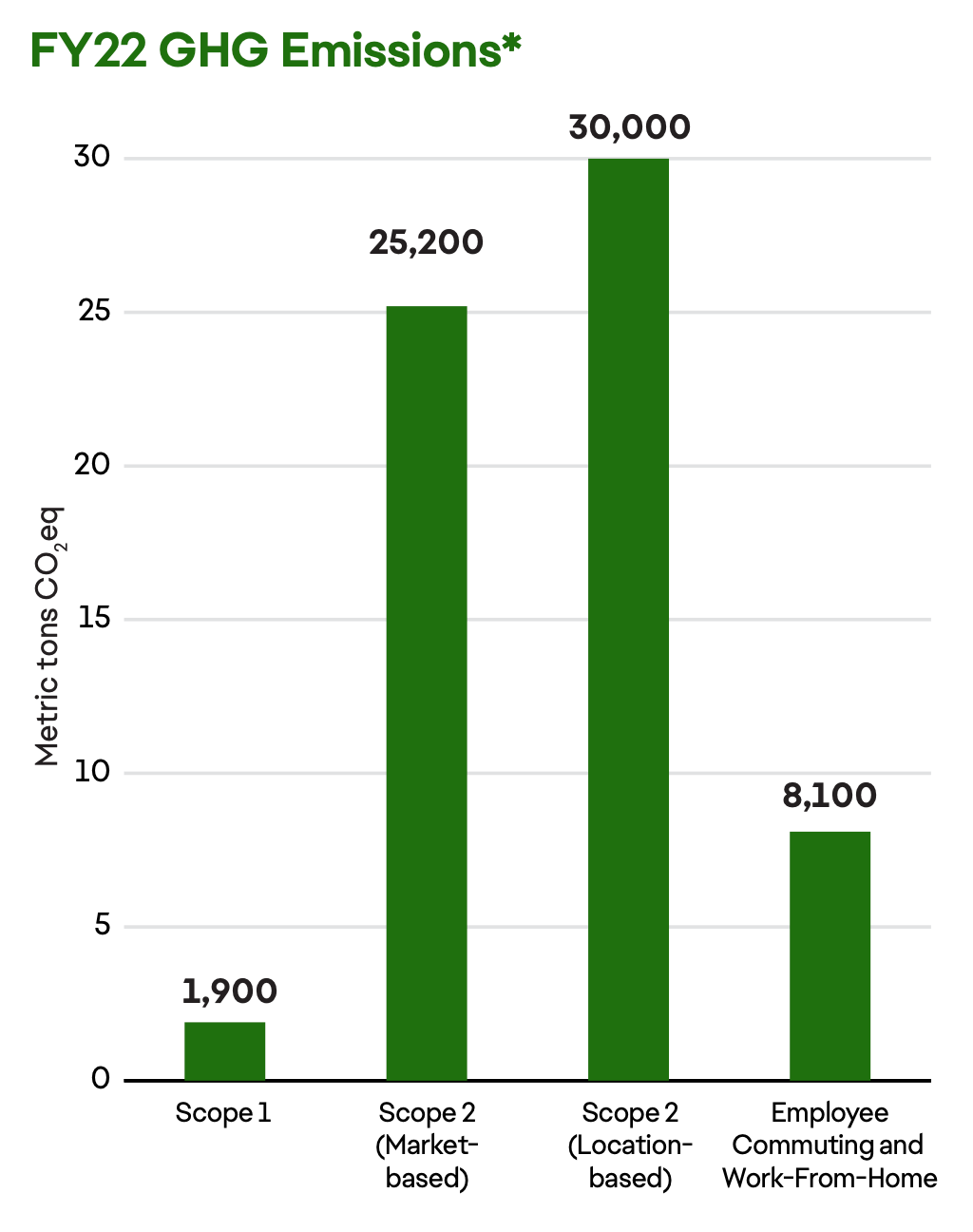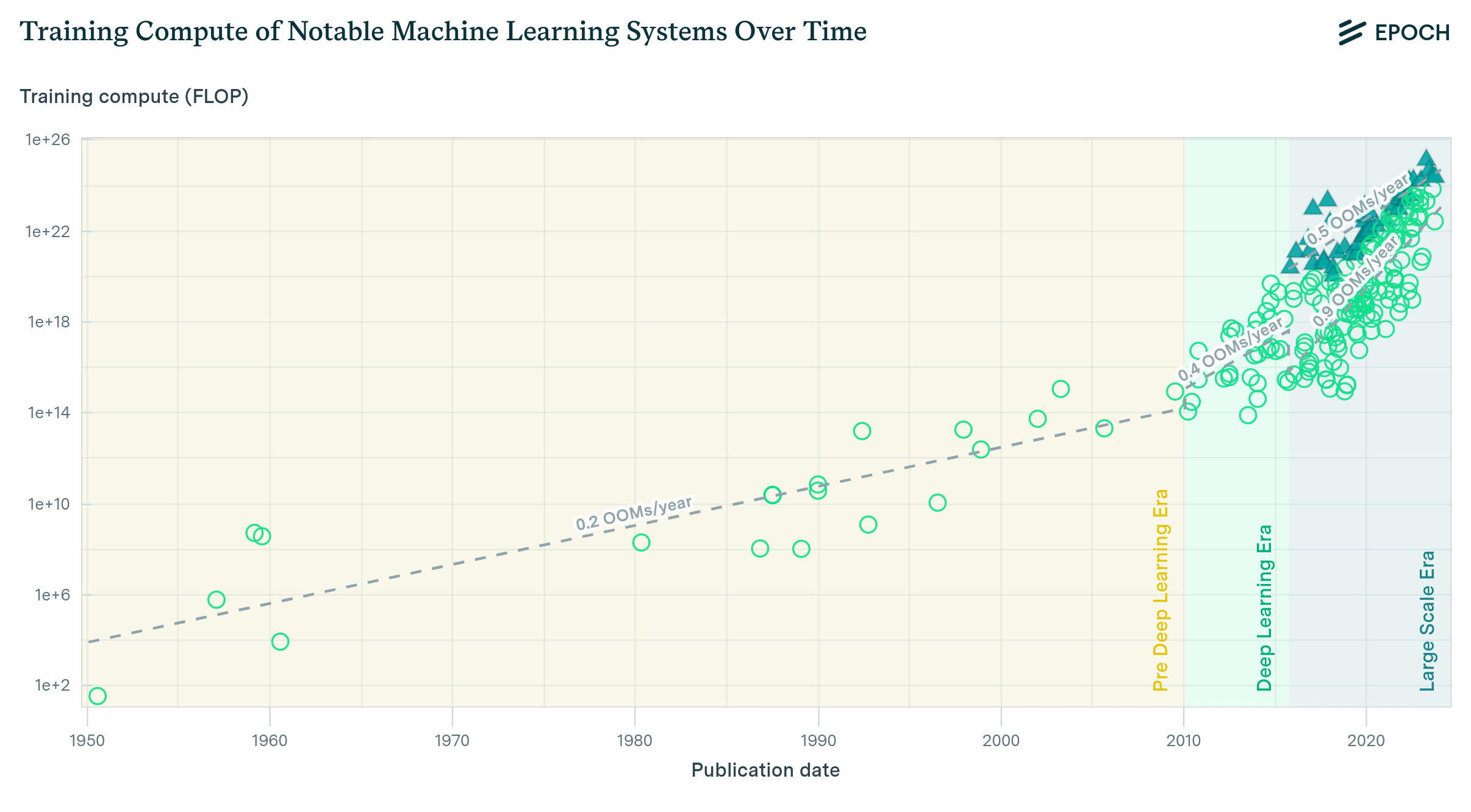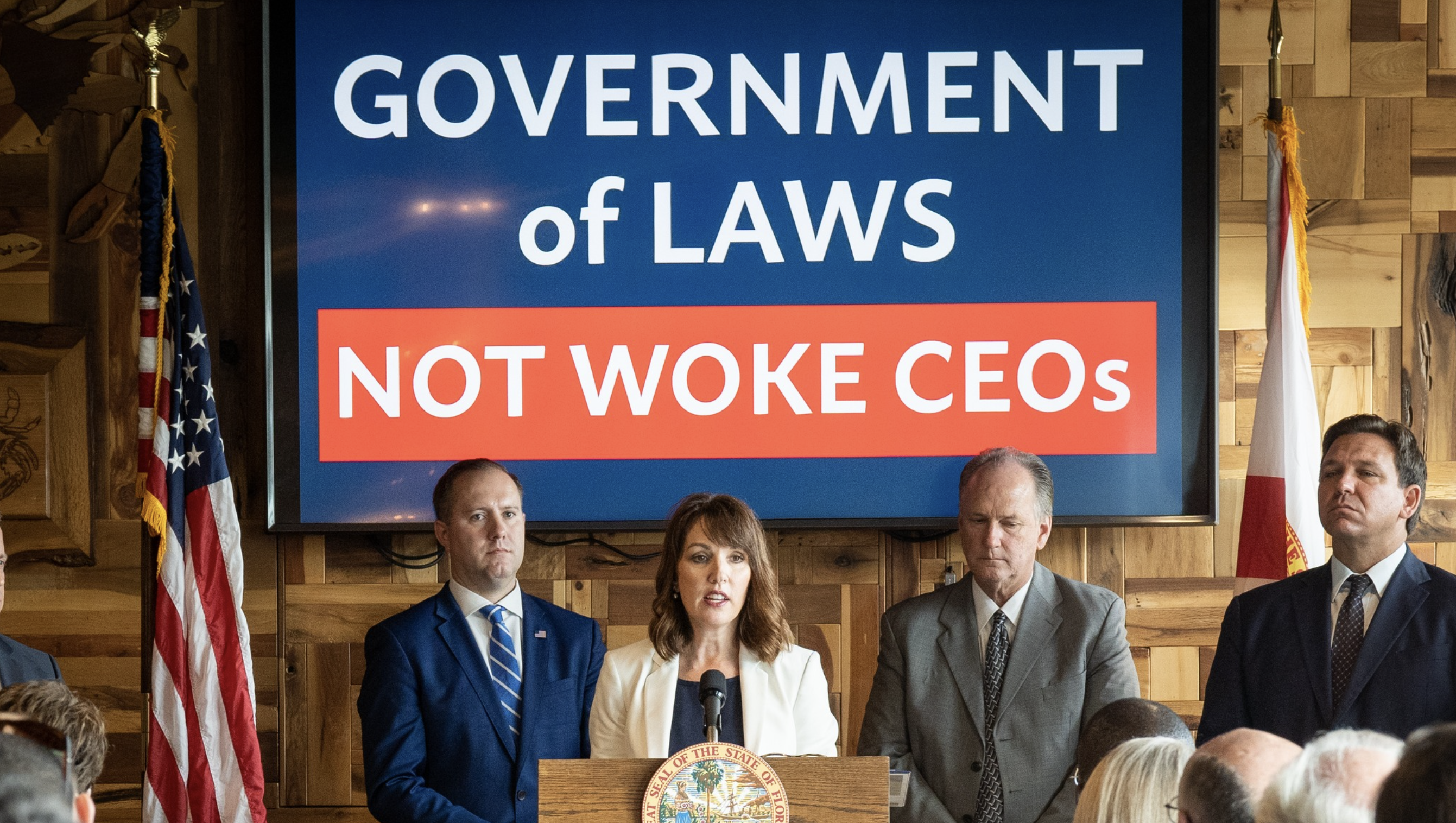GTG Links No.10 - October 21st

This year has gone at lightning pace, and there's now a mere 64 days till Christmas. As Norther Hemisphere readers start to rug up, enjoy the cooler weather, here at GTG we are preparing for our third summer in a row of wild, wet, La Nina driven weather.
EA 2022 Impact report contains first ever company-wide Scope 1 & 2 CO2 emissions
This is huge, and long overdue. EA's annual impact report was released earlier this month – big takeaways for me were the report finally, finally included actual measurement of Scope 1 & 2 emissions, and that EA is starting to consider the climate risks that it faces.
On the greenhouse gases – previously we have had to do estiamtes and guesswork, drawing on the power consumption figures to estimate Scope 2 emissions. I actually estimated in Digital Games After Climate Change that EA's Scope 2 emissions (i.e. relating to purchased power) was around 37,000 tonnes of CO2 – from their disclosed use of 93GWh of electricity. They've cut back on the power use in the two years since, using only 83GWh of electricity this time, and which they report as coming with an emissions cost of 25-30,000 tonnes CO2 equivalent. In that case, my 2020 figures may have been a smidge high but generally in the ball park. I little bit of vindication after-the-fact.

Summing up the 3 bars of emissions (see box above) in the report gives a maximum figure of 40,000 tonnes of CO2eq. emitted by EA in FY22. Because of the inclusion of actual emissions totals we now see that my 2020 figures were almost certainly underestimates, and quite conservative. This also doesn't even include up and downstream Scope 3 emissions which are likely the biggest part of the pie – i.e. all the players playing Apex Legends, The Sims, Battlefield, and so on. I look forward to seeing the Scope 3 figures, hopefully sooner rather than later.
The other good news was the following statement which, to my knowledge, could be a first for a game developer/publisher considering climate risks to the games business:
We intend to evaluate climate-related risks and opportunities through the TCFD framework, and publish an initial TCFD report in FY23, sharing identified risks with our Board and its Committees, as appropriate. (p.28)
I'm sure they're not actually the first – but if they are the first to share this assessment with the rest of the world, that could provide substantial guidance for the rest of the industry. Incidentally, I just saw a linked-in post from the now-former head of EA's Impact Team, suggesting he has just finished his time at EA. All the best to him, and to his replacement – it's a big ship to steer towards our urgently needed carbon neutral future.
Ars raises issue of Stadia controllers post-Stadia
The early closure of Stadia shines a particularly visible spotlight on the mountains of electronic waste the games industry is built on. The amount of controllers themselves surely pales into near insignificance when compared to the huge amount of PS4s and Xbox One's headed into landfill over the next few years – but it seems like even more of a waste when it's something almost brand new.

Upstream impacts overshadowed by the single-minded focus on e-waste
This was explicitly a part of the reason I chose to focus on the materials and where they had come from in the ground in DGACC. Ironically, when I first pitched the book to a (different) publisher it was rejected on the grounds that I wasn't talking enough about e-waste!

More on dirty data centres
A nice short video on the cloud and its physical manifestations.
You can check out some of the author's other work too.

AI and Machine Learning power usage scaling up
Still got nothing on proof-of-work but it's definitely not trending in a sustainable direction.

After asking if anyone had any idea about the emissions involved, @Vogon provides the following quick estimates:
at those rates (which are probably high but within an order of magnitude) that’s 900 gigawatts as of the end of this chart
— yves adele fartlow (@vogon) October 4, 2022
Someone needs to make a chart of those ridiculous Nvidia 4000 series GPUs. If anyone has any idea how to find some sales numbers for the new cards, please hit me up!
The Australian Consumer watchdog has launched an investigation into greenwashing
Following similar investigations in Europe last year that saw Shell forced to withdraw ads in the Netherlands.

Australia's carbon credits market is garbage
This is, to my mind, the must read piece about carbon markets in Australia. Despite being a short-and-sweet read, it's a deeply damning story. Here's a bit of a longer excerpt to give you a sense of what it's driving at:
Australia’s carbon credit scheme has not reduced emissions. Since its inception, emissions from industry have increased by 7 per cent. In fact, this is true of carbon markets globally. Thirty years of global carbon trading has failed dismally. Carbon offsets have increased emissions – providing polluting industries and governments with social license to continue operating, while the literature is riddled with stories of perverse outcomes.
However, the response to this has not been to abandon the concept of carbon offsetting, but for government and industry to abandon the idea that carbon is the sole focus of offsets, with the narrative shifting to the non-carbon or 'co-benefits' of carbon credits (some industry proponents are now even referring to 'core benefits'). The way the Australian Government, carbon farming proponents and fossil fuel companies describe offsets has shifted to become very emotive - carbon offsets are now a one-stop shop of warm and fuzzies: biodiversity, conservation, employment and cultural benefits (all the things the government should be funding directly). Partnerships with NGOs, farmers, Indigenous communities and green groups not only assign a higher 'moral purpose' to carbon offsetting, they cleverly co-opt these actors to become vigorous defenders of a flawed scheme.

New Carbon Market Watch report investigating euro airlines claims to carbon neutrality
Surprise, surprise! Flight "offsets" are mostly bullshit too! Who could possibly have seen this coming? Check out the full report here. Here's the top-line:
A new study commissioned by Carbon Market Watch has revealed gaping holes in the effectiveness of voluntary climate action taken by eight major European airlines. Misleading claims of “carbon neutral” flying, a dependence on poor quality carbon offsets and the low cost of a tonne of CO2 that customers can pay to offset are just a few of the problems highlighted in the report.
Is low-temperature green steel within reach?
The world is going to need green steel – and lots of it in the coming years. Currently the process involves high temperatures and more often than not, the burning of fossil fuels. A new company claims it can do it with just electricity:
“Electra has managed to pull off a difficult conversion going from iron oxide to iron using only electricity at such low temperatures,” says Venkat Viswanathan, associate professor at Carnegie Mellon University. “The steps they take trick iron to be in just the right state.”
A tour of the company’s Colorado facility also highlights its progress. There’s no coal-fired furnace or molten metal, and lab demonstrations show how iron ore could be dissolved. After the electrical process is run, Electra produces plates the size of office paper with a thick layer of iron metal on them — silvery grey in appearance and surprisingly heavy.

Trees growing faster with higher CO2 levels
This is... nice. I think? Now I'm imagining trees as roided-out gym bros, bulking up, smashing the CO2 and H2O. Biomass gaaaaains brah.
The study, recently published in the Journal Nature Communications, finds that elevated carbon dioxide levels in the atmosphere have increased wood volume—or the biomass—of forests in the United States.

Dynamic Uncore Frequency scaling to reduce power consumption
This is well beyond my understanding, but it seems like a useful contribution to potentially claw back unnecessary power if it gets picked up and used more widely. Data centres are always on the look-out for ways to save power (because it saves them money) so I imagine we'll be seeing more research in areas like this.
Recent processor architectures differentiate processor core frequency from its uncore frequency. ...We propose DUF, a daemon process that dynamically adapts the uncore frequency to reduce an application power consumption with a user-defined limit on performance degradation. ...with no perfor- mance degradation (less than 0.6 %), DUF can reduce socket power consumption by 7.94 %. We also show that DUF is able to reduce the total energy consumption by up to 18.20 %.
Check out the document here (PDF). h/t to the IGDA Climate SIG discord for spotting this one (and a couple of the other links).
Toms Guide discusses the experience of the DIY Framework laptop

ESG valuation is political
A great short primer on the PPE blog discussing the inevitable problems involved in treating ESG as an apolitical exercise, or trying to break off the "political" parts of an ESG agenda.
Ironically, the right-wing backlash against ESG demonstrates that investment frameworks do not sit outside of this politics. Climate and other politics are increasingly being directed through investment frameworks. The Republicans seeking to ban ESG investing are no less participating in the risky politics of valuation than the fossil fuel divestment activist aiming to make ‘stranded assets’ a self-fulfilling prophesy. Both are actively constructing financial risk as a political battleground of climate change: the former is risking green; the latter is risking coal.

Climate impacts in India hitting farmers
.png)
Claiming the win against NFTs for gamers
See? Gamers do care.

As reader wint so succinctly points out:
gamers help the world , and are helping the world, more than normal people
— wint (@dril) October 20, 2022
Thanks for reading Greening the Games Industry – GTG is a 100% reader supported project. We rely entirely on word-of-mouth, and the help of readers sharing these posts to find others interested in getting the games industry to do its fair share in the global race to net zero.








